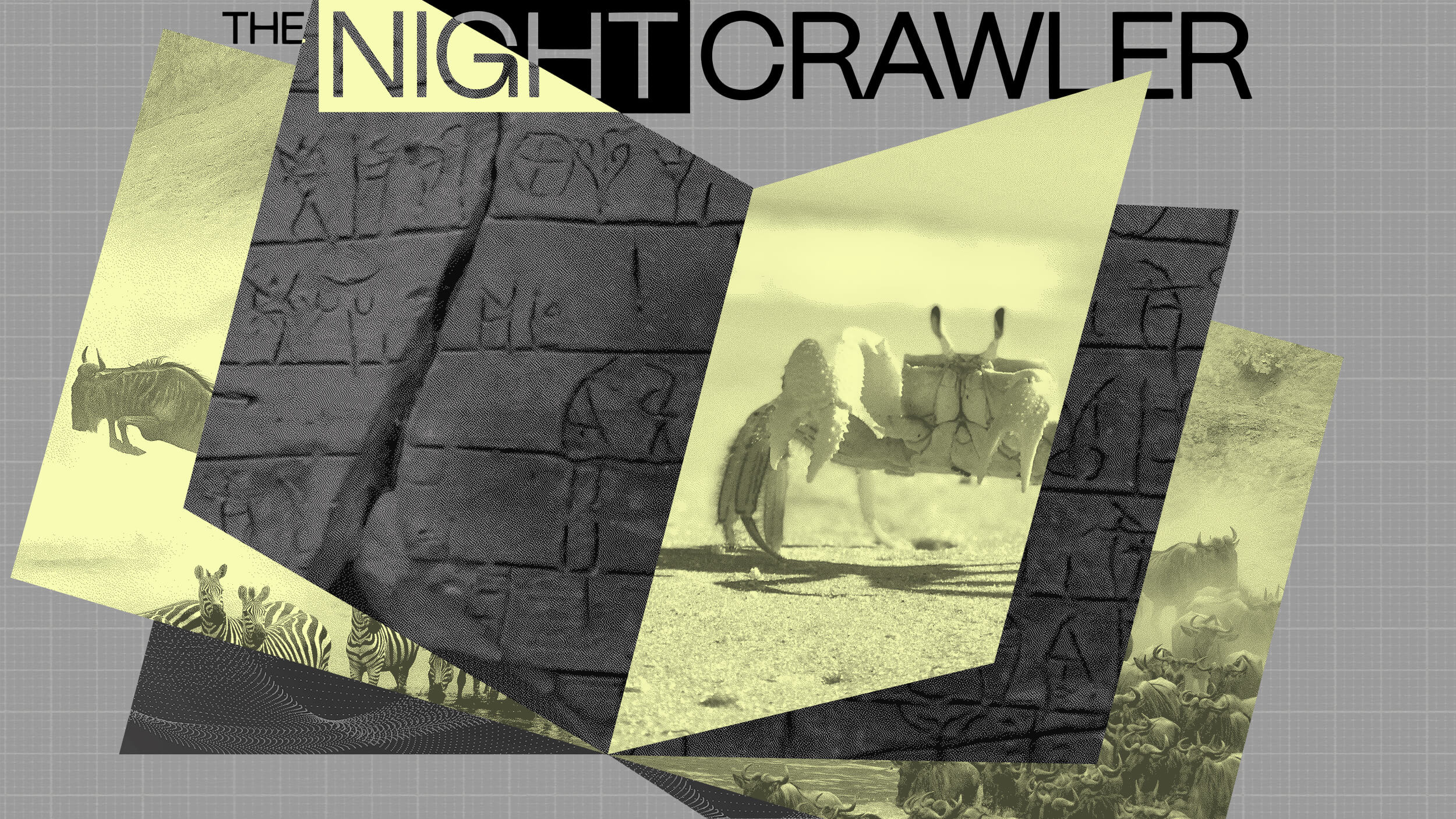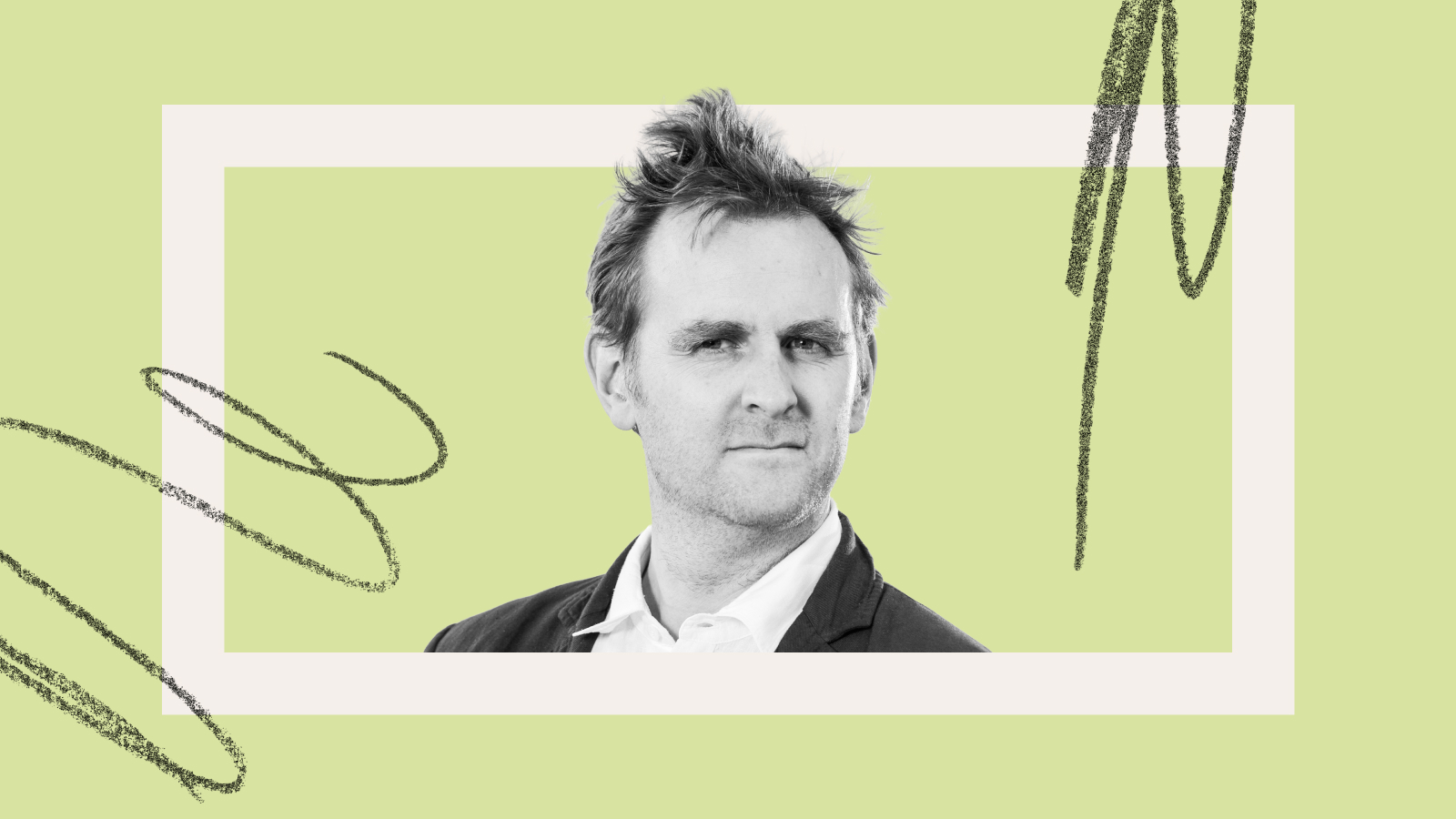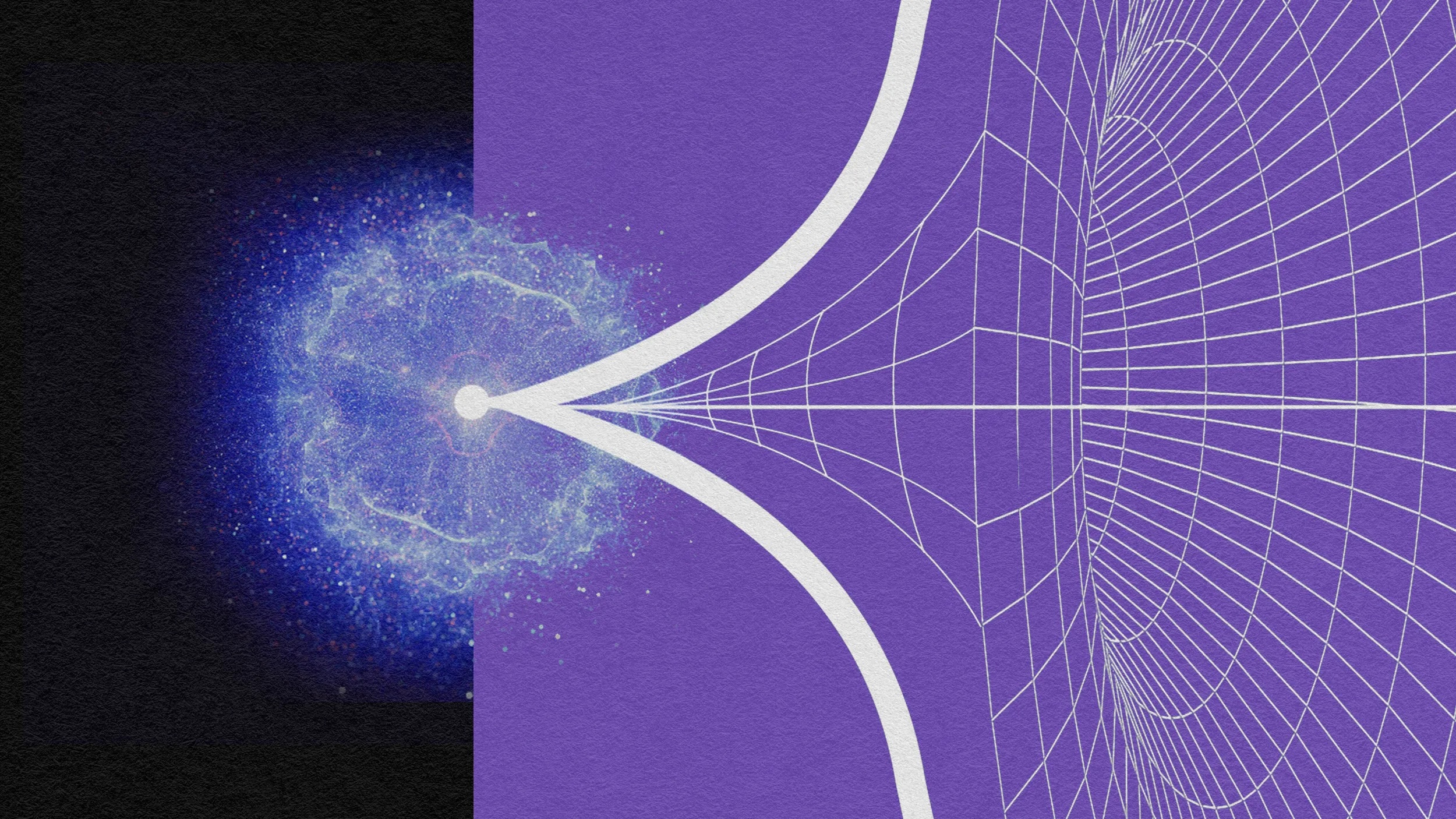Michael Novak thinks the church should modernize.
Novak: Well, it’s the fastest growing church in the world. It’s growing in the new part of the world mostly. It’s decaying considerably in Europe, but there’s also a comeback there and beginning to manifest itself, but it’s growing very rapidly, most rapidly in Africa at first and now in Asia, and even in China, it’s having a startling growth in China because many, so I understand. I’m not a specialist there. But, many of the Chinese think that one of the reasons for the success of the West was the vision of Judaism and Christianity, one God who is the Creator who ask us to have as our vocation creating as well and to build a better future to work for a future kingdom, not what we have now but better. And this has been the energy that has kept propelling the West. And also, a God who’s thought of as truth and therefore it has sharpened the mind and to make a study and… Think of all the monks and nuns who over their whole lifetime copied the great manuscripts of the past, not only religious manuscripts but on Botany and Astronomy and other scientists. That’s what preserve the scientist of the ancients and generated several disciplines which flowered in the modern period as independent field of Science. So, there’s a terrific moral and religious impulse in the West which people in Asia and elsewhere… I talk to a man from South Korea just the other day and he’s not Christian nor Jewish but of Buddhist background and he argued that one of the reasons for South Korea’s great success is the fact that there’s so many in South Korea are Christian and that these influences have been there now for hundreds of years and gave it a new dynamic and a new vision. Also, centered in the person and in personal virtue and personal integrity, not that Christians do that so in such a great way, but that’s the inner drive of the thing. Question: Would you support a 3rd Vatican Council? Novak: Ah… Well, it could happen at anytime. I wouldn’t want to foreclose it. The Second Vatican Council called by Pope John XXIII in 1958, as I remember, ’59 was certainly came as a shock. Operated as one of the great, maybe the greatest religious events of the 20th Century, surely just in terms of reported in the newspapers and television shows and so forth, one thing about the Catholic Church, think of it as you will, most people in the West define themselves against the Catholic Church, the Enlightened, the Reforms and so forth, but, nonetheless, it sure is photogenic and it gets a lot of attention. It also showed that one of the oldest institutions in the West could reform itself quite dramatically. And as you’ve mentioned earlier or suggested, the kind of Christianity in Europe, the growth of nihilism and relativism, the undercutting of the idea of truth that is your truth and your truth and your truth, there is no real truth, those make the world uninhabitable for Judaism and Christianity which have a powerful sense of here is a Creator who understood all things and suffused all things with intelligence so that we may not have the truth, but if we keep arguing with one another civilly and carefully and presenting evidence, we’ll advance slowly and steadily. We’ll learn more. There really is not just the possibility but the actuality of progress in knowledge, progress in Science. So, we may need to attend to that. We may need to attend, the Catholic Church, I mean, to the problem of relativism and nihilism in a very direct and thoughtful way. That’s sure the course that Benedict XVI is on and I don't know if another pope might come along and call a council to do even more on that.





